Description

Mike Reinold & Eric Cressey – Functional Stability Training – Optimizing Movement
Functional Stability Training Optimizing Movement is designed to help you enhance your rehabilitation, fitness, and sports performance programing by enhancing movement patterns. By addressing alignment, strength, mobility, and dynamic motor control, you can maximize your rehabilitation and training programs to reach optimal performance.
The body is an amazing thing. It adapts extremely well to stress and daily demands to improve efficiency of the body. In essence, the body is excellent at moving from point A to point B. Unfortunately, the body often tries to find the path of least resistance. Imbalances in mobility, strength, and dynamic stability can result in compensatory patterns.
Sometimes “efficient” does not mean “optimal.”
FST Optimizing Movement aims to help formulate rehabilitation and training programs designed to optimize how well the body moves.
The FST Optimizing Movement program can be applied to rehabilitation, injury prevention, and performance enhancement programs.
For the rehabilitation specialist, the information will help you restore functional activities faster. For the fitness and performance specialists, the information will help you achieve new progress with your clients to maximize functional and athletic potential. For the fitness enthusiast, the information will help you gain control of your body, maximize functional movement, and reduce wear and tear due to faulty movement patterns.
Here is What You Will Learn
FST Optimizing Movement is available as a completely online educational program, as well as an optional DVD version. The program is several hours of video of Mike and Eric during lecture and hands-on lab sessions teaching the FST Optimizing Movement program. Topics include:
Module 1 – Keys to Optimizing Movement
- How and why the human body compensates and adapts
- What the human body means by efficiency
- How everyone is different, what may be “optimal” for some may not be optimal for others, and how to adjust yor programming
- The three main reasons why people move poorly
Module 2 – How to Assess and Optimize Movement
- The 3 necessary components of any movement assessment process
- What to look for during the movement assessment
- How to easily breakdown movement patterns to dig deeper
- How to combine manual therapy and corrective exercise
Module 3 – Understanding and Managing Good and Bad Stiffness
- While the word “stiffness” may have a bad connotation, why this isn’t always the case
- How all quality movement is heavily impacted by having the right amount of “good” stiffness in the appropriate places
- Why having too much bad stiffness in a particular area can lead to pain and impaired performance
- How the balance between good and bad stiffness is necessary
Module 4 – Relative Stiffness and Common Sports Medicine Pathologies
- How different movement inefficiencies may lead to pathology
- Common pathologies you’ll encounter and how they relate to underlying relative stiffness assessments and coaching principles discussed in this program
Module 5 – Relative Stiffness Coaching Principles
- Specific coaching strategies one can employ to get optimal results in as little time as possible
- How your coaching may be different for each individual
- How your the coaching strategies change with different categories of exercises
Then We’ll Break Down Specific Exercises
Now that you understand the fundamentals of optimal movement, we extensively break down how we optimize movement for the following exercises:
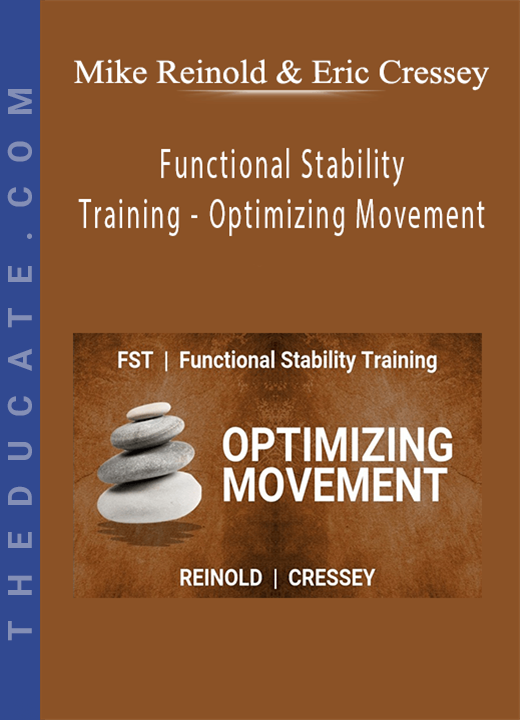

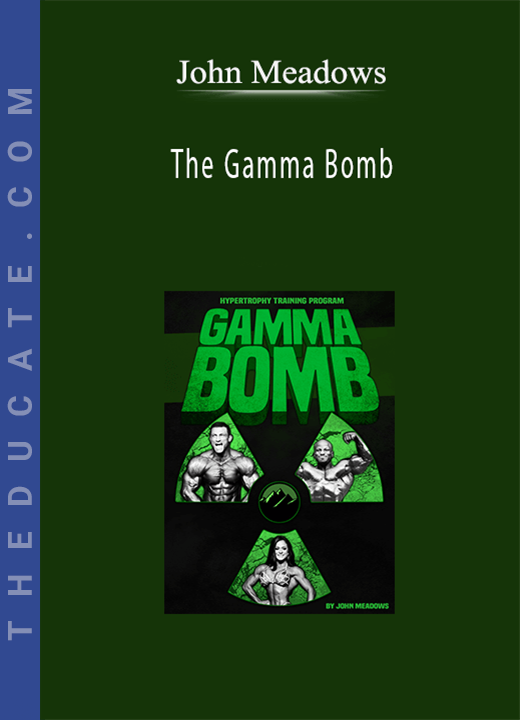
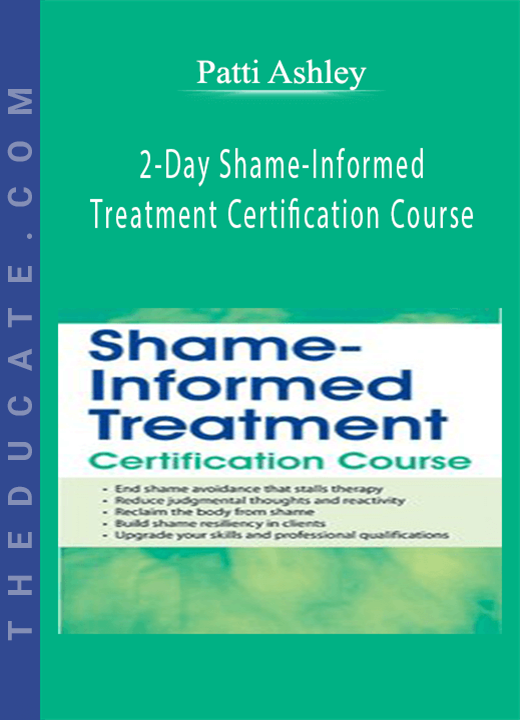
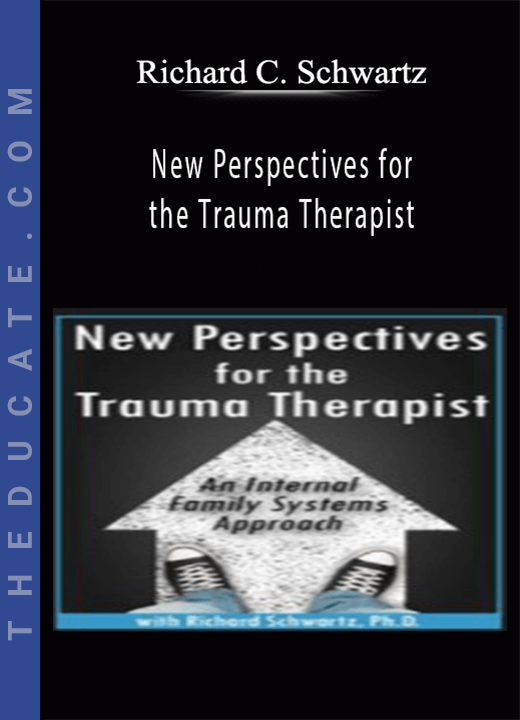
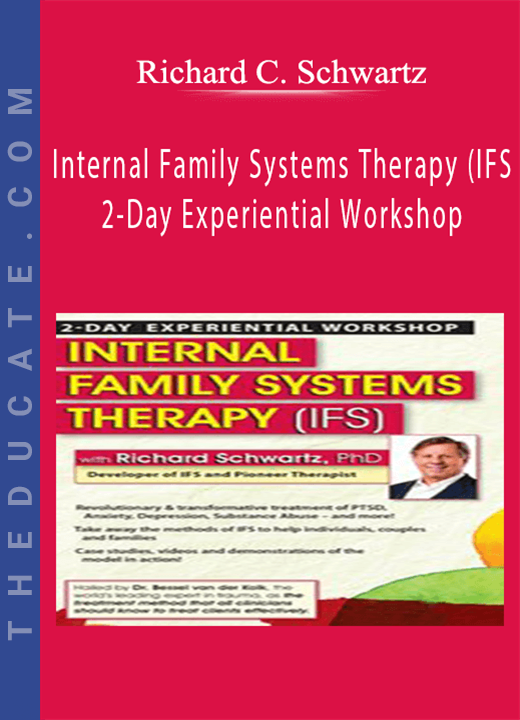
10 reviews for Mike Reinold & Eric Cressey – Functional Stability Training – Optimizing Movement
There are no reviews yet.